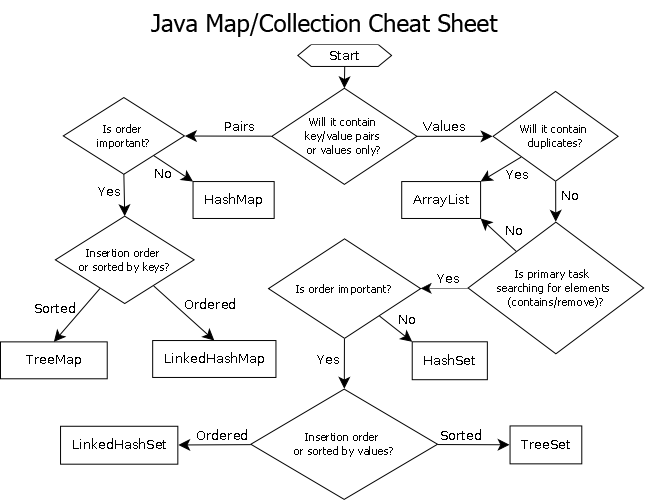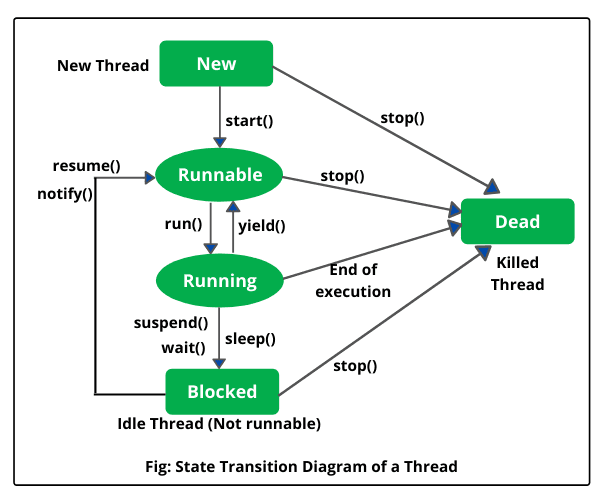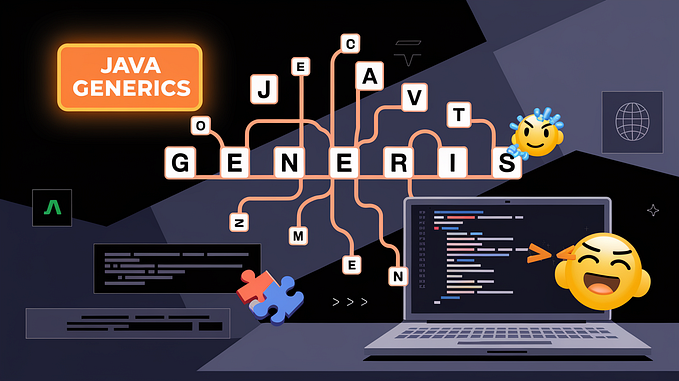Member-only story
Java: Why Dependency Inversion Principle is Important
The D in the SOLID

The Dependency Inversion Principle (DIP) is the fifth principle in the SOLID principles of object-oriented design. It states:
- High-level modules should not depend on low-level modules. Both should depend on abstractions.
- Abstractions should not depend on details. Details should depend on abstractions.
In simpler terms, DIP promotes decoupling software modules by introducing abstractions between them. This decoupling enhances modularity, flexibility, and testability in software applications.
In this article, we’ll explore the importance of DIP with a Java example, analyze the drawbacks of not using DIP, and demonstrate how applying DIP can streamline the software development process.
The Problem Without Dependency Inversion
Let’s consider a simple example of an application that sends messages via email. Here’s how the code might look without applying DIP:
// Low-level module
public class EmailService {
public void sendEmail(String message, String recipient) {
// Logic to send email
System.out.println("Email sent to " + recipient + " with message: " + message);
}
}
// High-level module
public…








